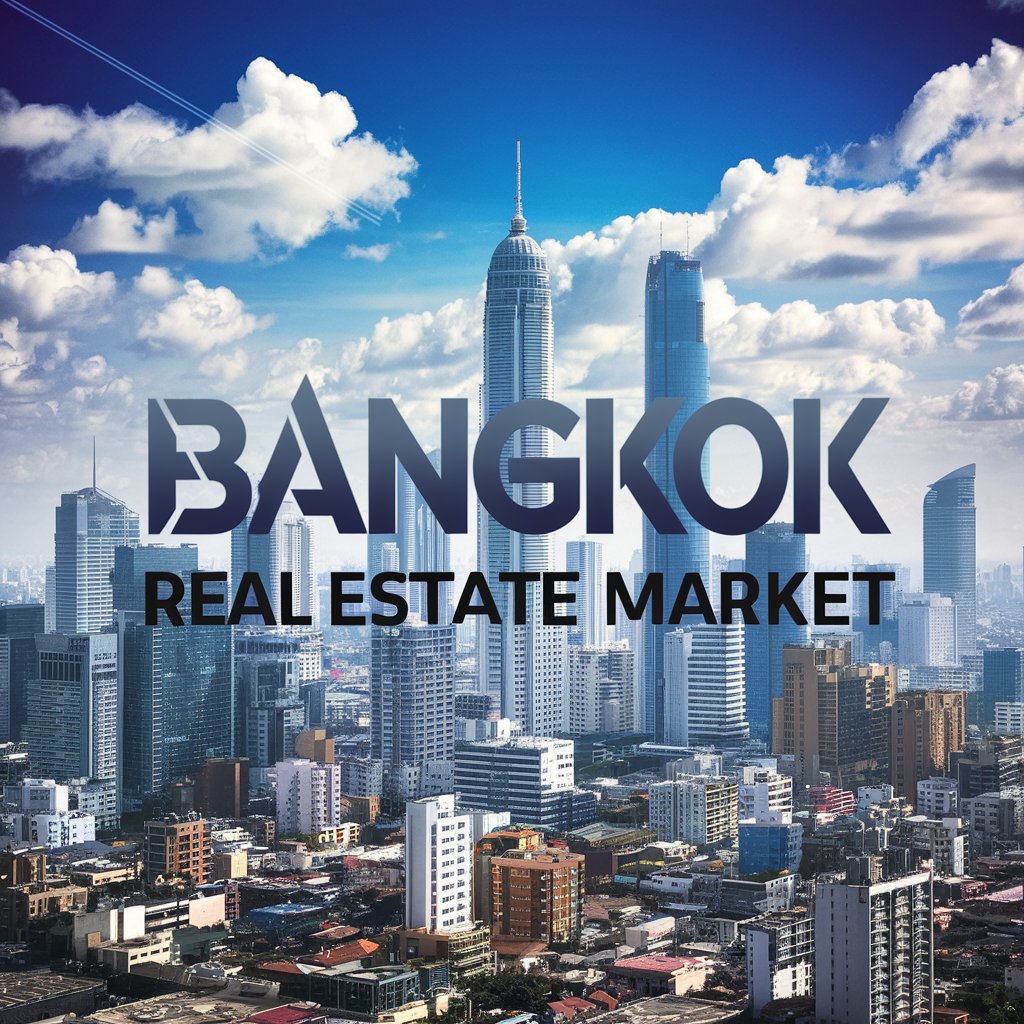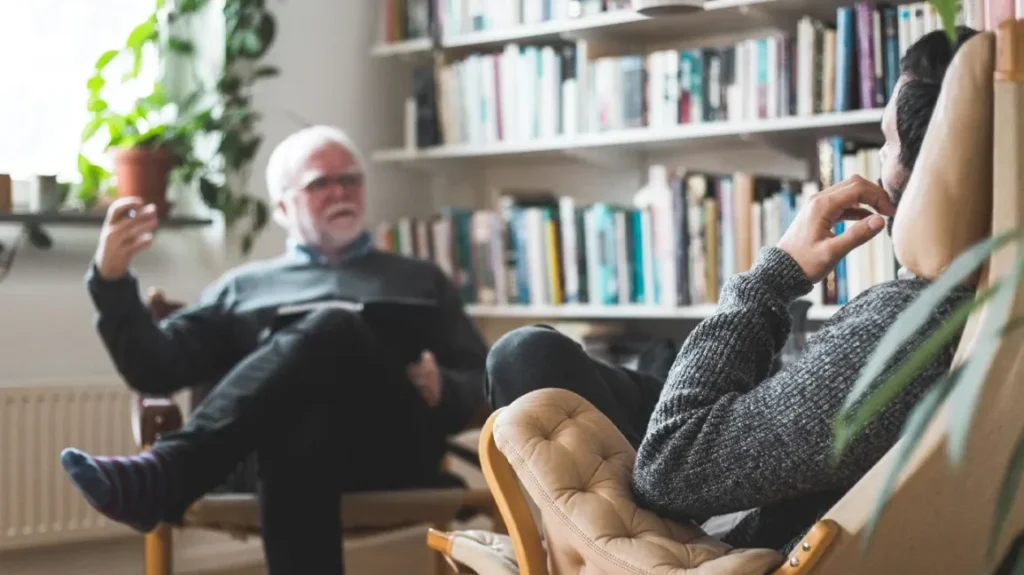Construction of condominiums in particular and housing in general continues apace in the Thai capital Bangkok with every available area of land seemingly up for grabs to build new property.
While the recovery in the sector post-pandemic continues to gain traction and foreign buyers are slowly starting to return to the market there remains scepticism in some quarters that the glut of housing and the relatively high prices represent investment value at the current time.
As of mid-year 2024 real estate agents in Bangkok and real estate companies continue to be bullish about the immediate future. After covid, the Thai capital city is experiencing a heady mix of recovery and adaptation in response to several key factors:
Thailand was particularly hard hit during the pandemic with tourism inevitably nosediving due to the Chinese not visiting at all for several years (they made up 20% of the tourism sector that in itself was 20% of GDP). The Chinese were also key players in the condo market in particular as well as house buying through proxies (foreigners cannot own houses in Thailand unless proxies are set up).
Increased economic activity and a strong tourism rebound over the last two years have positively influenced demand for both residential and commercial property.
Residential market trends indicate that the luxury end segment in places like Sathorn, Silom and Sukhumvit are seeing relatively strong demand that is being driven both by foreign and local purchases.
There is considerable interest in the more affordable housing sector especially for properties on the ever-increasing number of rail links still being constructed in the downtown metro area of the city.
Agents routinely advertise that condos are “100 metres from the Skytrain”, say, as a major selling point. Good local amenities also push prices higher.
Stylish and adaptable properties continue to be favoured in fashionable areas.
The commercial real estate market is beginning to stabilise as businesses adapt to hybrid work models. Bangkok is increasingly seeing a trend where flexible office spaces and co-working spaces are proving popular with companies and investors.
With the retail sector also recovering post covid there are shifting patterns of consumer preference towards lifestyle-oriented spaces.
The Thai government – in a political state of flux presently – has tried to introduce measures to stimulate the real estate market with tax incentives. The focus on transport infrastructure has led to market improvements.
Foreign investment from China in the sector has improved as travel restrictions have been lifted but it is fair to say that wholesale buying as seen prior to 2020 has yet to return.
As always those considering investment in the real estate market in Bangkok are advised to work on due diligence and be aware of the restrictions placed on the sector by government regulations.






